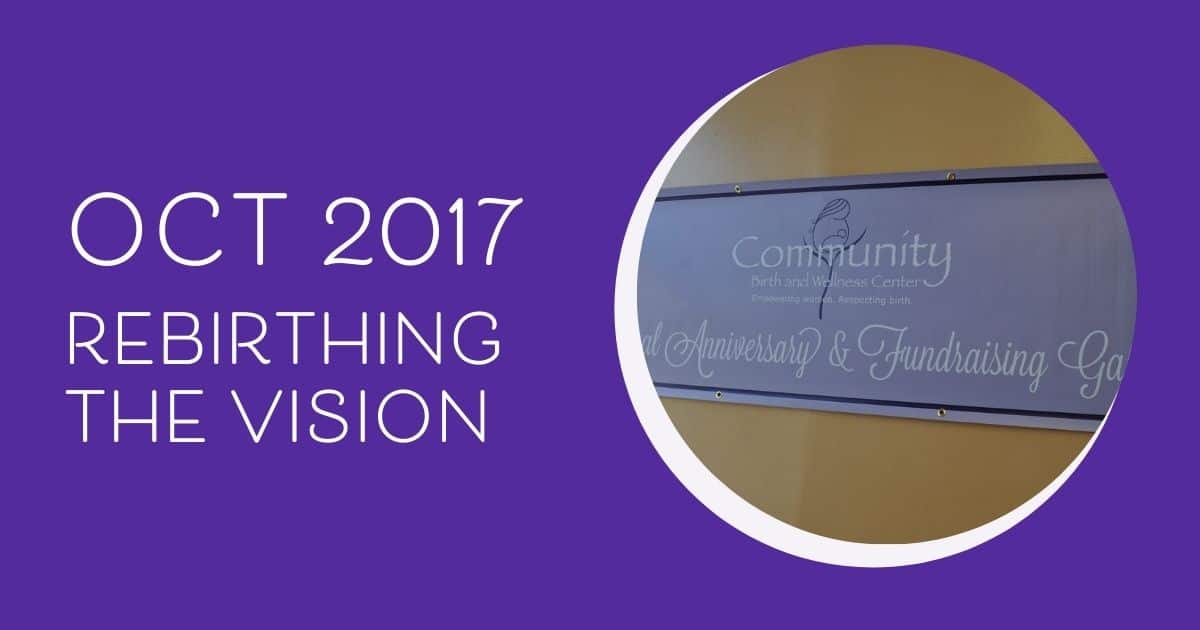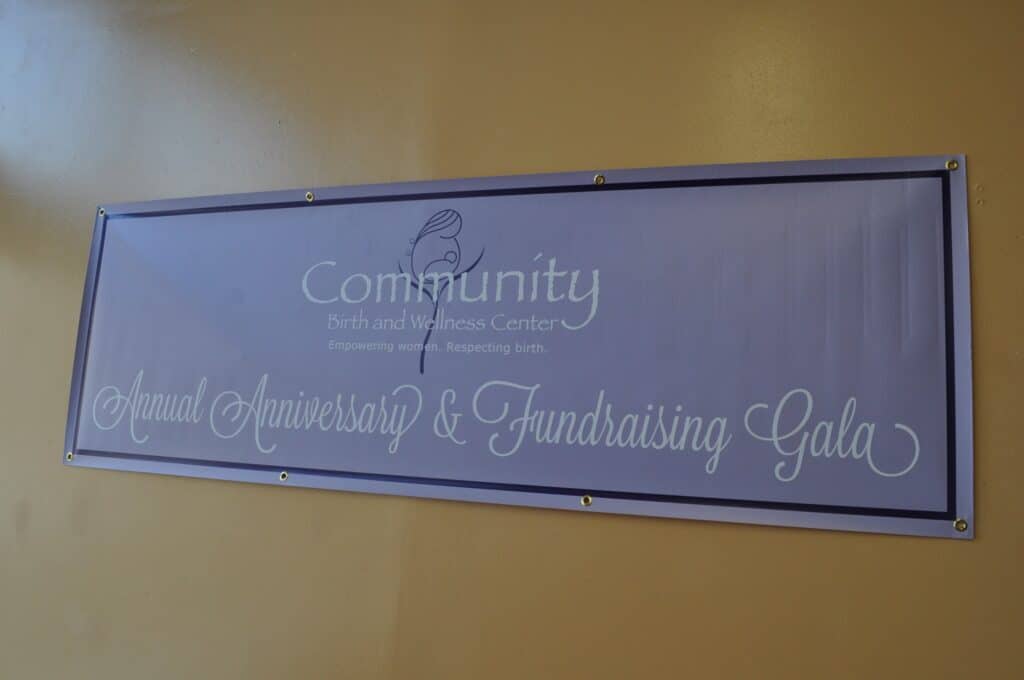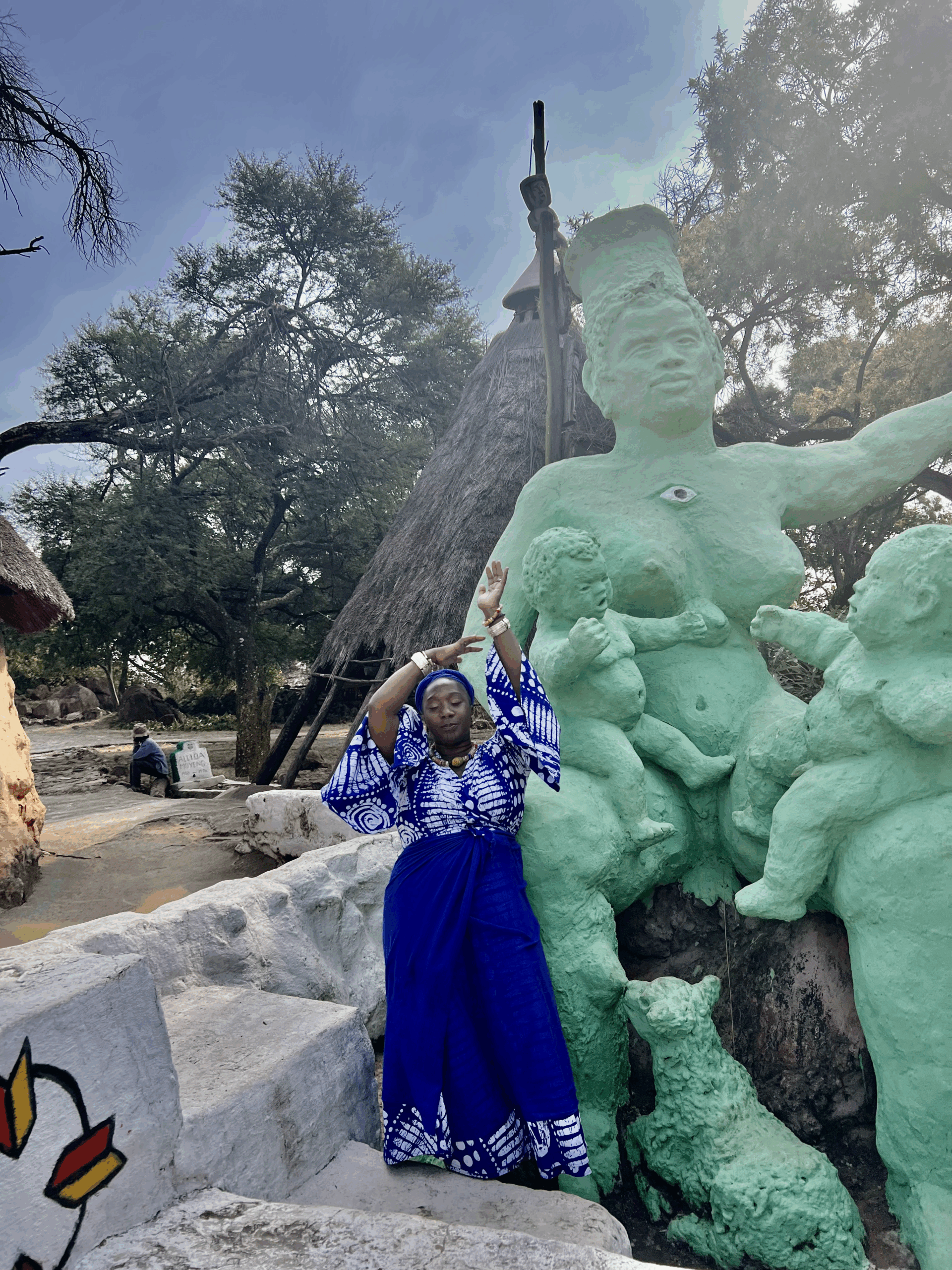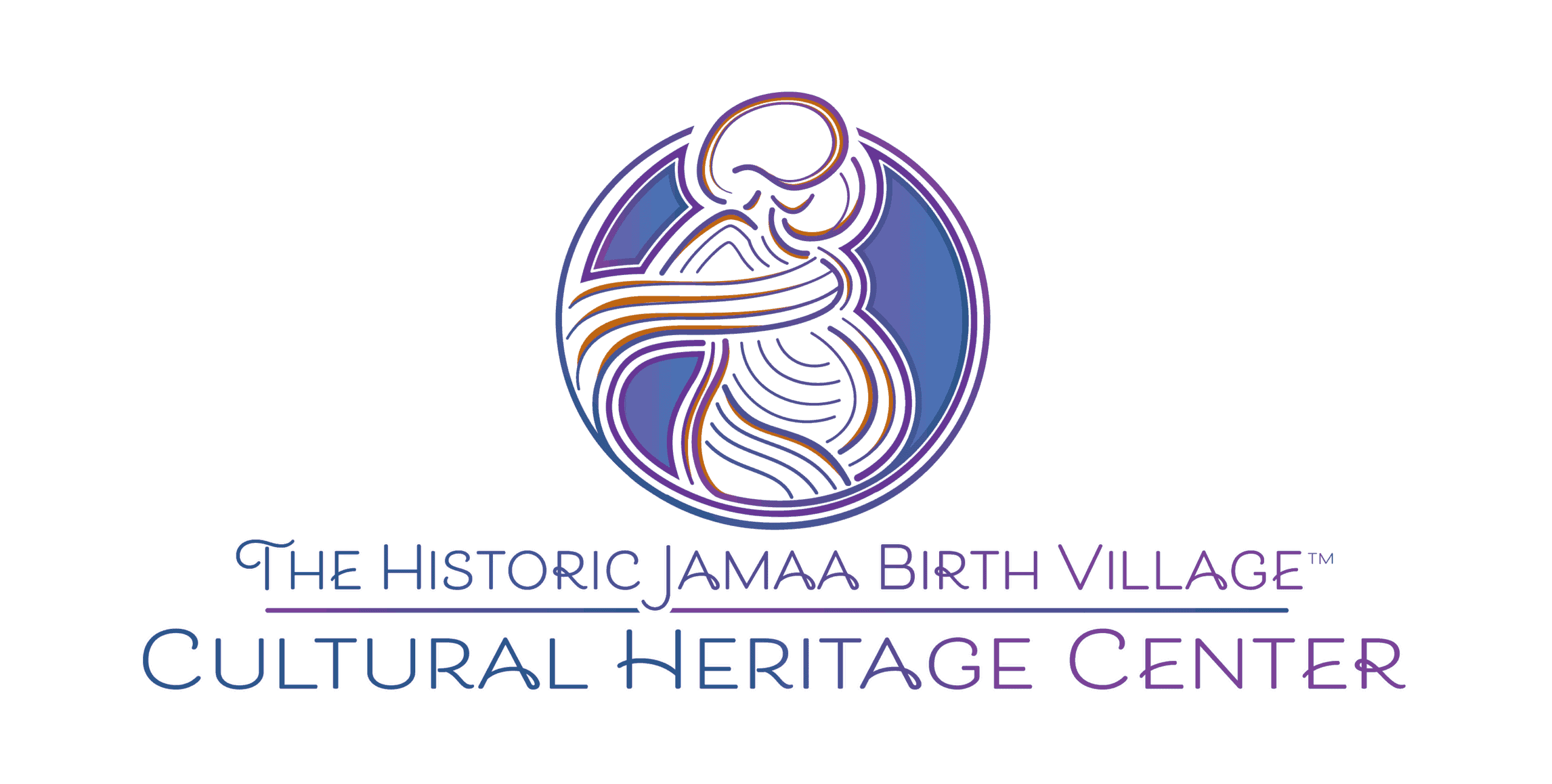Jamaa Birth Village means family in the African language of Swahili. Come and go with me, on the humble beginnings and birthing of a village.

By the end of 2017, Jamaa Had served over 200+ families, and was celebrating its 2nd Annual Gala at 8 Church St. The closing of 2017, also wrapped up our first Midwifery care program partnered with my clinical preceptors, in preparation for a “For Us, By Us Model” relaunch in January 2018.
When we were first founded in 2015, we were called “Community Birth & Wellness Center” to reflect the partnership that we had with my clinical preceptors. However, due to many barriers that show up for Black student Midwives, I received new visions that led me to move our organization away from a white supervisory model and into the hands of our own solutions.

I was invited to a Black Birth Workers Healers retreat in rural Missouri with Hakima Payne. It was there that I had the freedom, healing and space to reconnect with the original vision of Jamaa Birth Village, and in the middle of the night, received the whispering of the name Jamaa.
Excited, I pounced from the twin bed of this old historic bed and breakfast, as the floor creaked under my feet in response to hold the weight of my vision. I flipped open my laptop to google this name whispered to me in the wisp of the night. The google search returned, Jamaa means family in Swahili. I jumped up from the floor in glory! I shouted to my roommate who was also my board member, Benetta Ward, and I said, “I got it, I got it! I know our new name! It will be Jamaa Birth Village!”
Sleepy, tired and maybe also tired of my brainstorming visionary antics, Benetta shooed me back to sleep and said, “Alright Tru, if you still think it should be Jamaa Birth Village in the morning then we’ll go with it.” Like a kid smiling from too much candy, I hurriedly jumped back in bed to await the sunrise and to know if the name Jamaa was still with me. And just as the sun rose, I jumped up again waking Benetta saying, “I got it! Our new name is Jamaa Birth Village.”



